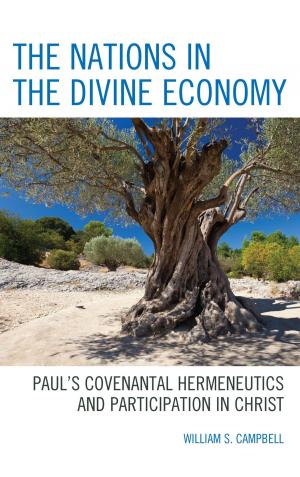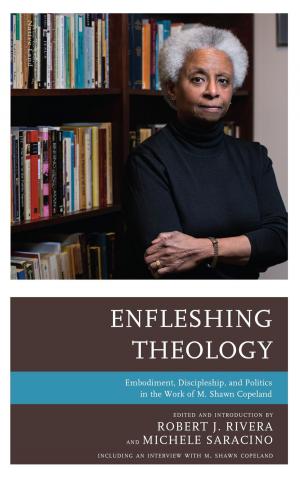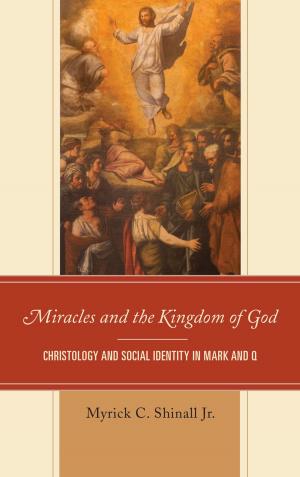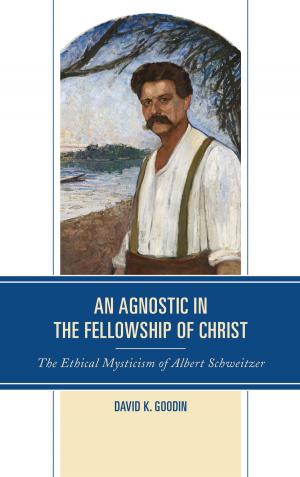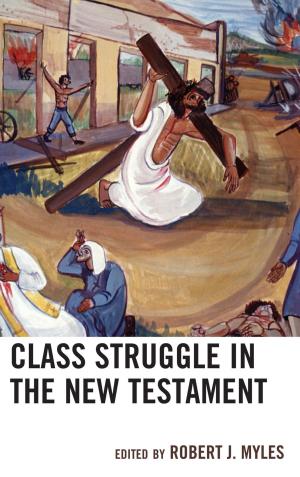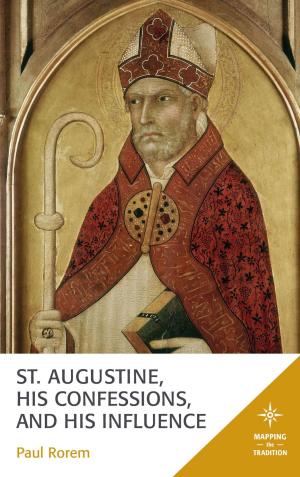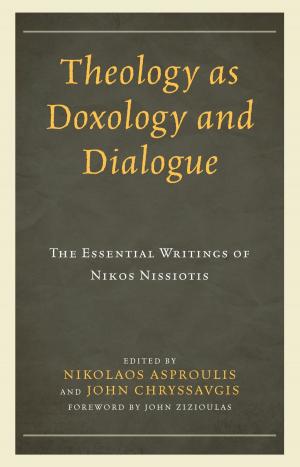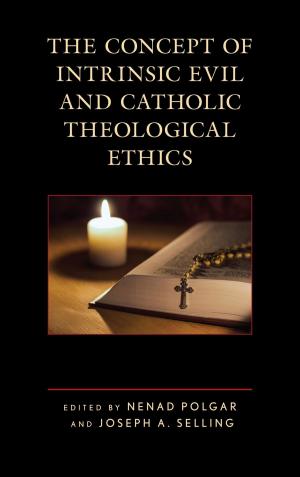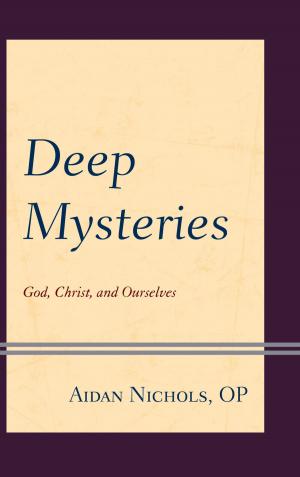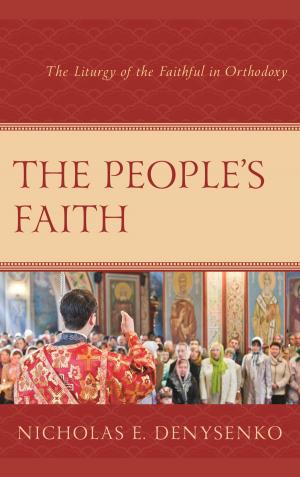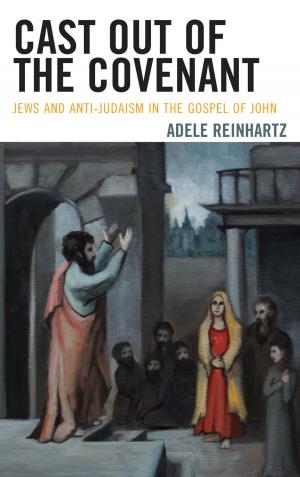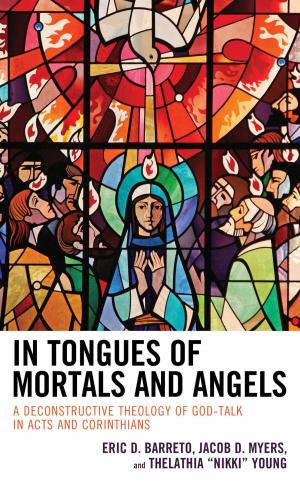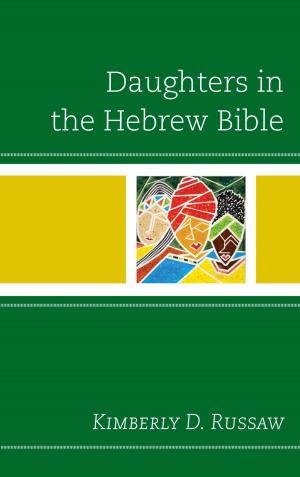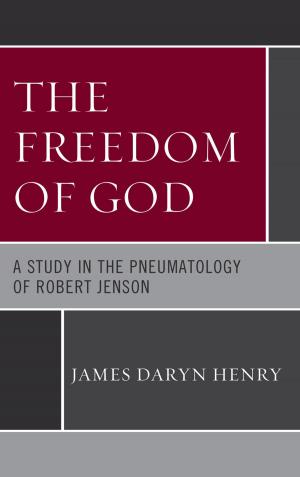Jesus, Transcendence, and Generosity
Christology and Transcendence in Hans Frei and Dietrich Bonhoeffer
Nonfiction, Religion & Spirituality, Christianity, Church| Author: | Tim Boniface | ISBN: | 9781978701274 |
| Publisher: | Fortress Academic | Publication: | March 2, 2018 |
| Imprint: | Fortress Academic | Language: | English |
| Author: | Tim Boniface |
| ISBN: | 9781978701274 |
| Publisher: | Fortress Academic |
| Publication: | March 2, 2018 |
| Imprint: | Fortress Academic |
| Language: | English |
Contemporary scholars aiming to articulate a ‘middle way’ between fundamentalism and liberalism regularly draw upon HansFrei and Dietrich Bonhoeffer, yet they are rarely brought together on this question, if at all. Here, Tim Boniface highlights the promise of reading them together, proposing especially that a discussion of Jesus’ transcendence derived from their responses to modernity is an effective locus for considering their combined contribution to a ‘middle way’ discussion.
Having outlined a rationale for a theology of Christological transcendence, this work describes in detail how both Frei and Bonhoeffer point towards a nuanced approach to the transcendence of Jesus—especially in terms of the importance of articulating that transcendence at the level of the ‘unsubstitutable historical particularity’ of Christ in the cultural-linguistic setting of the Christian community (Frei) and the impact of a theologia crucis and a participatory cosmic Christology on such thinking (Bonhoeffer).
Offering a unique summary of the key ways in which the two theologians’ works mutually critique and strengthen one another, Boniface then articulates a pneumatological emphasis lacking in both Frei and Bonhoeffer, stressing the supreme generosity of God at the heart of what it means to say that Jesus transcends.
Contemporary scholars aiming to articulate a ‘middle way’ between fundamentalism and liberalism regularly draw upon HansFrei and Dietrich Bonhoeffer, yet they are rarely brought together on this question, if at all. Here, Tim Boniface highlights the promise of reading them together, proposing especially that a discussion of Jesus’ transcendence derived from their responses to modernity is an effective locus for considering their combined contribution to a ‘middle way’ discussion.
Having outlined a rationale for a theology of Christological transcendence, this work describes in detail how both Frei and Bonhoeffer point towards a nuanced approach to the transcendence of Jesus—especially in terms of the importance of articulating that transcendence at the level of the ‘unsubstitutable historical particularity’ of Christ in the cultural-linguistic setting of the Christian community (Frei) and the impact of a theologia crucis and a participatory cosmic Christology on such thinking (Bonhoeffer).
Offering a unique summary of the key ways in which the two theologians’ works mutually critique and strengthen one another, Boniface then articulates a pneumatological emphasis lacking in both Frei and Bonhoeffer, stressing the supreme generosity of God at the heart of what it means to say that Jesus transcends.


